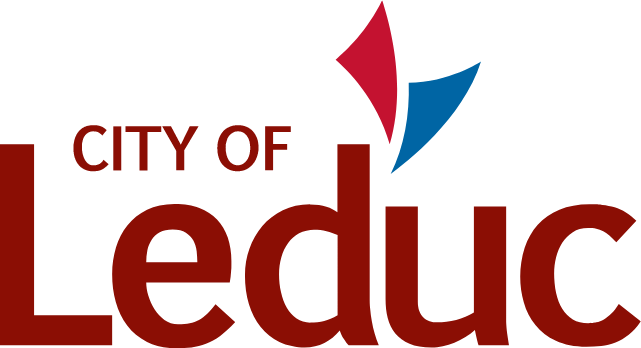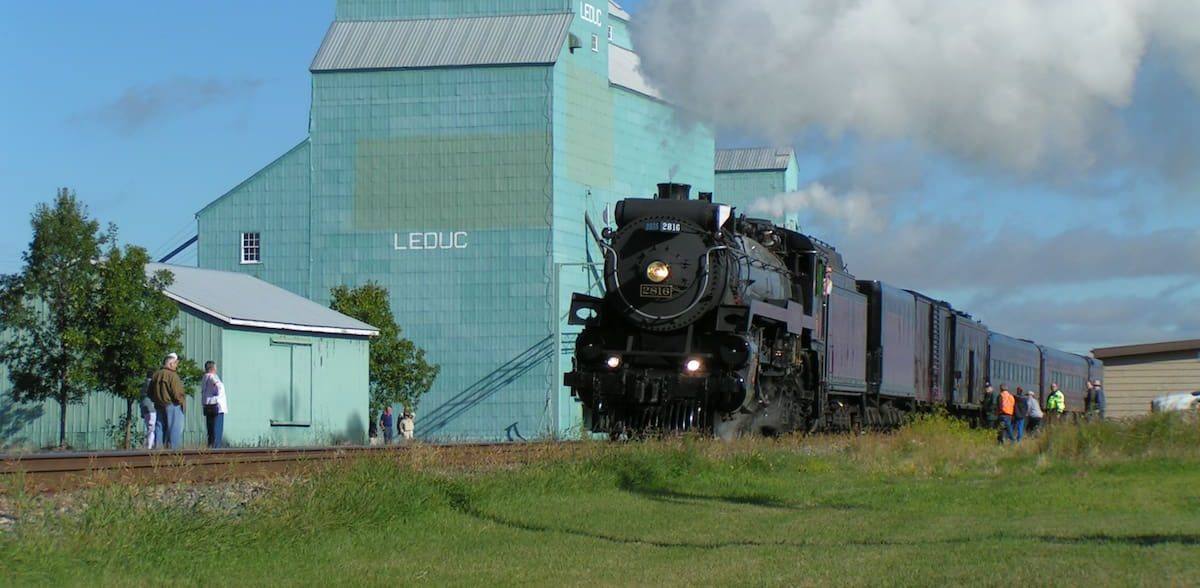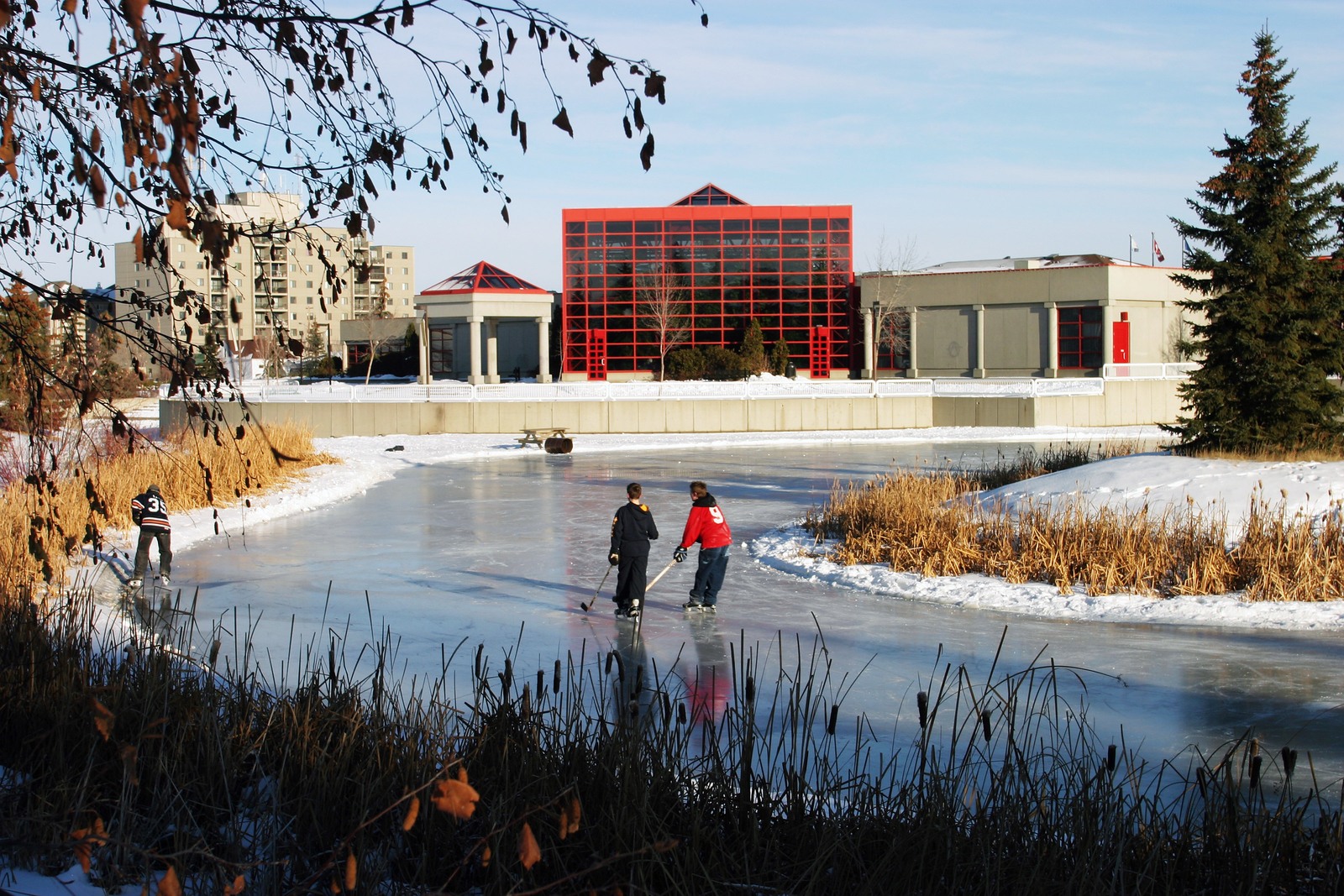Leduc’s story began in 1889 when Robert Taylor Telford settled near a picturesque lake, establishing the foundation for what would become a thriving community.
Telford served as the settlement’s first postmaster, general merchant, and justice of the peace. Initially informally called “Telford,” the area gained its official name in 1886 when Mr. McKinley, a government telegraph officer, chose to honour Father Hippolyte Leduc, a prominent Roman Catholic missionary who had served the region since 1867.


